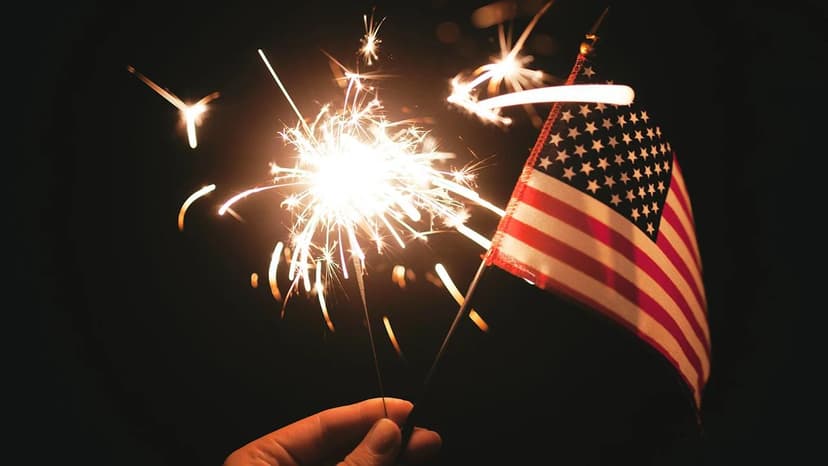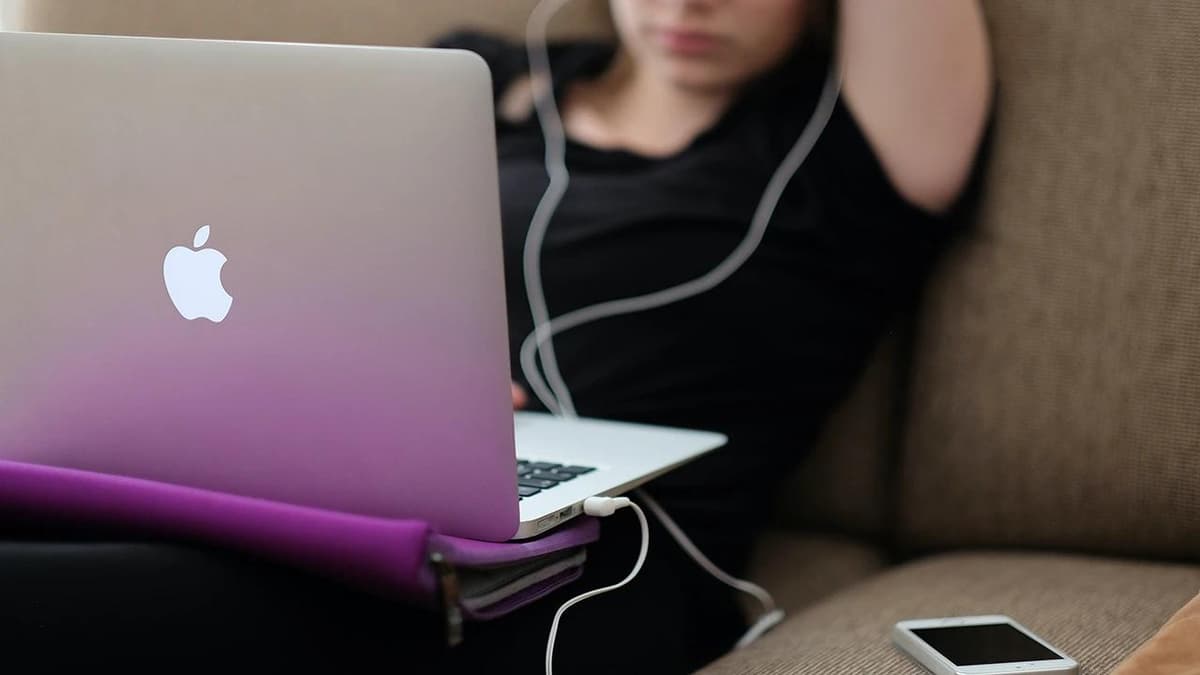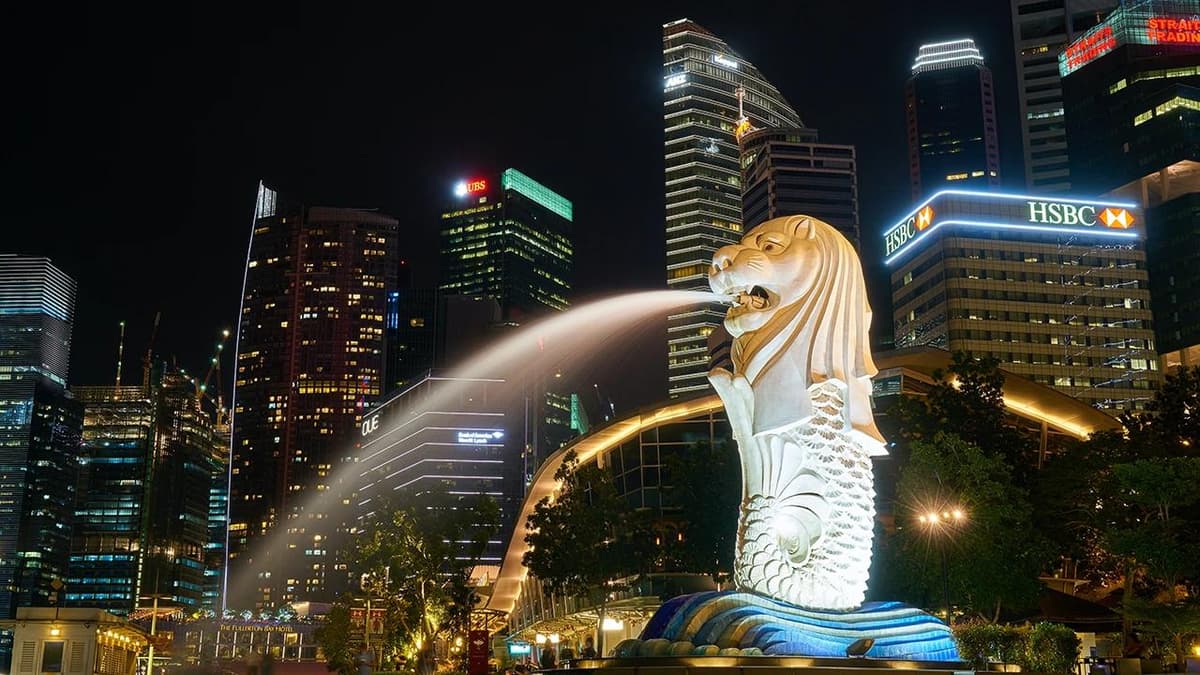How to Write a Personal Thank You Note After an Interview
Writing a personal thank you note after an interview is a simple but powerful way to leave a lasting impression. It shows professionalism, gratitude, and reinforces your interest in the position. Whether it's a quick email or a handwritten note, a thank you message can set you apart from other candidates. Let’s explore how to craft a thoughtful and genuine thank you note that will help you stand out.
Why Send a Thank You Note After an Interview?
Many candidates overlook the importance of sending a thank you note, but this small gesture can have a big impact on hiring decisions. Why is it important?
- It shows appreciation: Taking time to express thanks shows that you appreciate the interviewer’s time and effort.
- It reinforces your interest: A thank you note is an opportunity to remind the employer that you're genuinely excited about the position.
- It allows you to stand out: Not every candidate sends a follow-up, so doing so can make you more memorable.
- It’s a chance to clarify anything: You can address anything you forgot to mention or clarify something from the interview.
Sending a thank you note isn’t just polite—it’s strategic. It can keep your name at the top of the interviewer’s mind.
When Should You Send a Thank You Note?
Timing is key. Ideally, you should send your thank you note within 24 hours of your interview. This ensures that the conversation is still fresh in everyone’s mind, and it demonstrates your promptness.
If you had a panel interview with multiple people, send individual notes to each person if possible. Make sure each message is slightly personalized to avoid sounding generic.
What Should You Include in a Thank You Note?
Writing a good thank you note doesn’t need to be complicated. Follow these simple guidelines to make sure your message is effective and personal.
1. Open With Gratitude
Start by thanking the interviewer for their time. Be specific, mentioning the date of the interview or something personal from your conversation.
Example:
"Thank you so much for meeting with me yesterday. I really enjoyed our conversation about the innovative work your team is doing at Company Name."
2. Reaffirm Your Interest in the Role
Take this opportunity to remind the employer that you’re excited about the position and the company. Highlight why you're a great fit based on what you discussed in the interview.
Example:
"I'm even more excited about the opportunity to join [Company Name] after our conversation. The way your team approaches [specific project or task discussed] aligns perfectly with my experience and passion."
3. Mention Something Memorable From the Interview
Add a personal touch by referencing something specific from your discussion. It could be a project, a shared interest, or a challenge they mentioned.
Example:
"I appreciated hearing more about your upcoming project to [insert project detail]. It sounds like a fantastic challenge, and I would love to contribute to its success."
4. Address Any Missed Points or Clarifications
If there was something you forgot to mention during the interview or a question you feel could have been answered better, now’s the time to address it.
Example:
"I realized after our meeting that I didn’t fully explain my experience with [specific skill]. I’ve successfully led several projects involving [skill], and I’d love to share more details if needed."
5. Close With Gratitude and Next Steps
End the note with a final thank you and express enthusiasm about next steps. Let them know you're looking forward to hearing from them.
Example:
"Thank you again for your time and consideration. I’m really excited about the possibility of joining the team at [Company Name], and I look forward to the next steps in the process."
Should You Send an Email or Handwritten Note?
Both email and handwritten notes are acceptable, but each has its pros and cons:
- Email: It’s fast and ensures that your message reaches the interviewer promptly. Most interviewers expect an email follow-up, especially if you’re in a fast-paced industry like tech or media.
- Handwritten Note: It’s more personal and shows extra effort. While it may take longer to arrive, a handwritten note can leave a strong impression in more traditional industries like finance or education.
If you want to combine the best of both worlds, you can send a quick email within 24 hours and follow up with a handwritten note later.
What Should You Avoid in a Thank You Note?
While writing your thank you note, there are a few common mistakes to avoid:
- Being too generic: Make sure your note feels personal and specific to the conversation you had.
- Making it too long: Keep your message short and to the point. Around 3-4 paragraphs is ideal.
- Grammatical errors: Proofread your message carefully to avoid any spelling or grammar mistakes.
- Being overly casual: Stay professional, even if the interview was relaxed. Keep your tone polite and respectful.
Writing a thank you note after an interview can be your secret weapon. It’s an easy and effective way to show appreciation, reinforce your interest in the job, and stand out from other candidates. Whether by email or handwritten note, make sure your message is personal, timely, and genuine.












